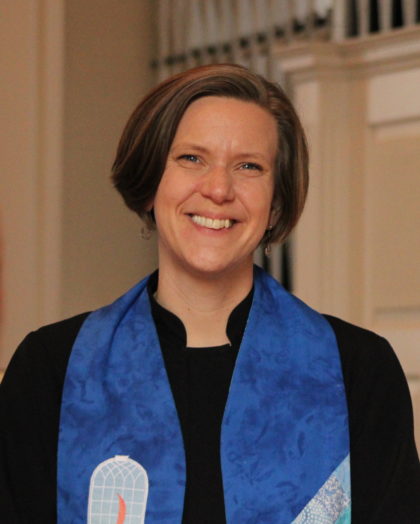In February, we’ll be looking at the theme of desire in our worship services. What does it mean to be a people of desire?
It struck me as I was contemplating this next theme, that it is a curious theme for a month during which we also begin the Christian season of Lent, which begins on February 10. Traditionally, Lent is a time of denying desires – six weeks of penitence and self-sacrifice leading up to the celebration of Easter. This traditional view of Lent comes from a world-view that tells us that the things of this world are sinful, and we must renounce them to get closer to God.
Our Unitarian Universalist faith tells us something very different. We proclaim the sacred nature of this world, of our flesh and of our desires. Not that everything in this world is perfect, not that every desire we have is a loving one, but we believe in the potential for good, the potential for love in every person and every thing. And, as David Whyte writes, “It is exactly through desire that we discover what animates and moves us.” It is through our desires that we come to know our truest selves.
So perhaps it is fitting that we take this month to honor what it means to be a people of desire – the good and the bad.
Blessings,
Allison

